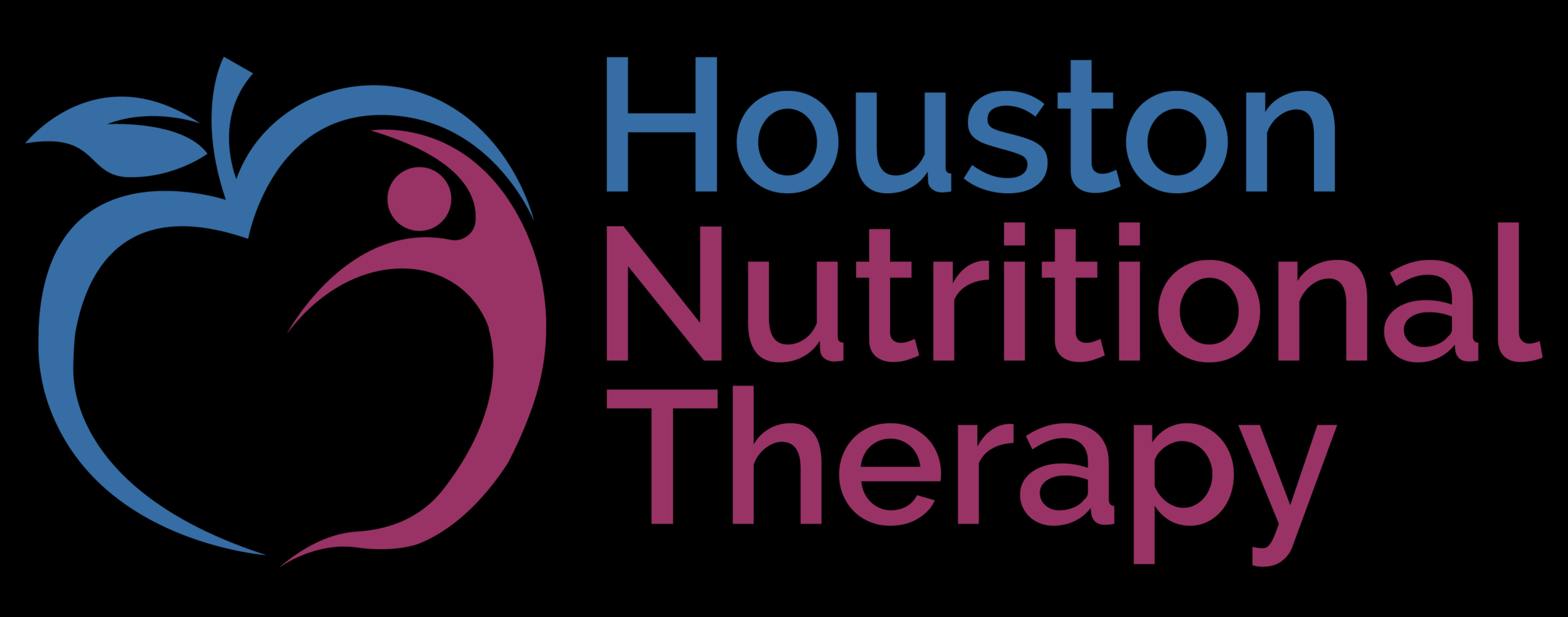How do you know if you need nutritional therapy?
A good friend of mine just asked me this question recently, and I thought it was a great one. I figured it’d be a good topic here, since I’m sure he’s not the only person starting to wonder this.
Nutritional therapy is a new name for a timeless concept. Human beings have been using good nutrition for ages to maintain health and vitality. It’s only ‘recently’—like in the last 150 years—that we’ve lost sight of it.
So, what are some signs you need to focus on your nutrition and lifestyle in order to regain optimal health?
The one that probably comes to mind immediately is a weight issue. Being underweight, or more commonly overweight, is a definite sign of imbalance between what your body needs and what it’s getting. It’s not about calories in and calories out, because we all know that 100 calories of vegetables is not going to have the same effect as 100 calories of soda. You know those long lists of potential side effects on the scary drug commercials? One of my favorite side effects of nutritional therapy is weight normalization. I’m not kidding. Remember, our bodies were designed to be lean and strong and to remain that way all our lives.
Another sign is a lack of energy or hyperactivity, either all the time or at specific times of the day. If you’re not bounding out of bed in the morning refreshed and full of energy, something’s out of whack—and if you just laughed and thought to yourself, “pfft, nobody’s like THAT”— you couldn’t be more wrong. This is where I usually talk about the difference between common and normal. It’s extremely common these days for people to be tired all the time, but that is not normal. Don’t just chalk it up to ‘I’m getting older’ or ‘I must’ve slept poorly’ or ‘I just need my coffee.’ Instead ask why is it happening, why did I sleep poorly, or why can’t I function without coffee?
Skin conditions are a sneaky set of signs. Many people don’t realize that our skin is one of our major detoxification pathways, so if you’re seeing chronic skin conditions, it’s more likely to be coming from the inside out. That’s why topical treatments are just addressing the symptoms and not the root cause.
Digestive concerns are another biggie. If you often get bloated or gassy after meals, don’t just ignore it. If you have nausea, constipation, diarrhea, stomach pain, or heartburn, your body is crying out for help.
Autoimmune diseases are on the list, including the one I have in complete remission. Why is your body attacking itself? Hint - it’s not from a pharmaceutical drug deficiency, and just suppressing your immune system isn’t the key to long-term success.
Your emotions and mind can be affected by nutritional deficiencies and toxicity. This includes anxiety, irritability, and depression, as well as poor memory, concentration, or comprehension. I thought my mood swings and brain fog were just from aging, so I was thrilled when I found out differently!
Ear, nose, and throat problems. Heart conditions. Blood sugar issues. Headaches, fainting, or dizziness. Disrupted sleep. Frequent illness or congestion. Breathing problems.
Whew!
OK, so now you can see that the easy answer for my friend’s question could’ve been ‘nearly everybody.’ That’s both the good and the bad news. It’s awful that so many of us suffer from these types of things day in and day out, but it’s amazingly empowering when you discover you can actually control much of it yourself.
Are you ready to get started down the path to optimal health?
